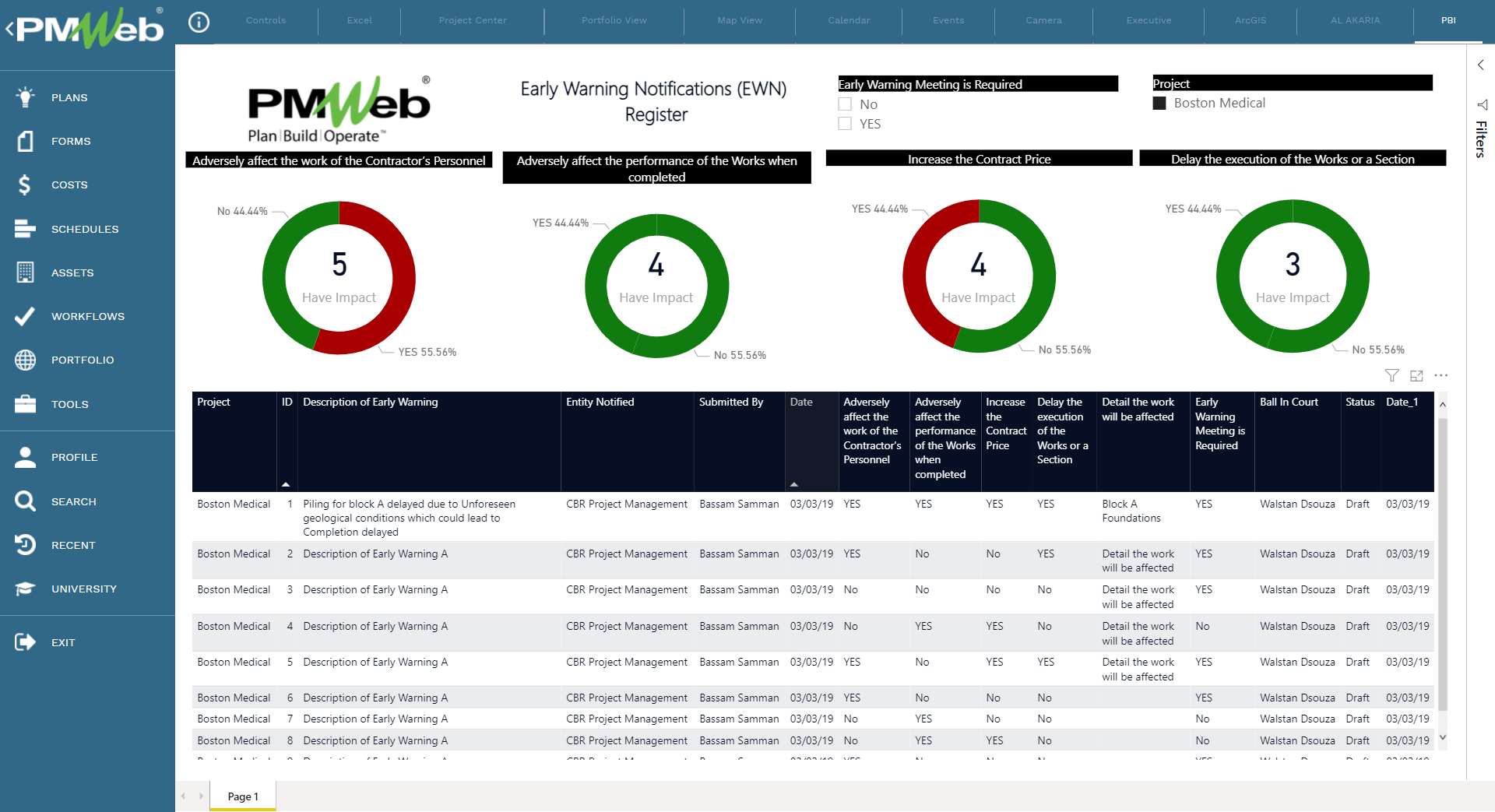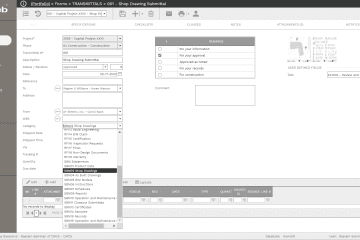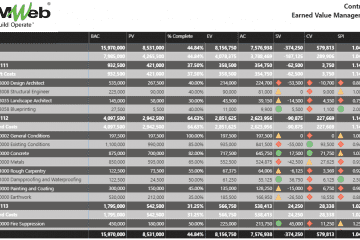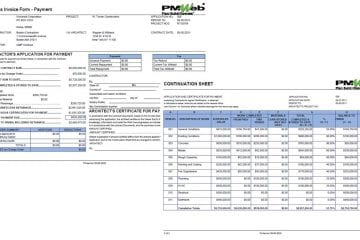For the first time, the FIDIC 2017 Red Book introduces advance warning provisions (sub-clause 8.4), which requires each Party to advise the other “in advance of any known or probable future events which may (a) adversely affect the work of the contractor’s personnel; (b) adversely affect the performance of the works when completed; (c) increase the contract price; and/or (d) delay the execution of the works or a section (if any).” There is no time limit for giving an advance warning, nor is there any explicit sanction for failing to do so.
This clause is similar to the “Early Warning” clause 16.1 in the NEC3 contract. Often referred to as ‘the jewel in the NEC crown’, early warnings are designed to help you deliver the project on time and on budget – undoubtedly the most important KPI’s for any Project Manager! Unlike the FIDIC sub-clause 8.4, the NEC contract contains sanctions for non-compliance with the early warning process.
Using Project Management Information Systems (PMIS) like PMWeb can be used to formalize the process for managing Early Warning Notifications (EWN) or Advance Warning (AW). PMWeb custom form builder will be used to create an EWN form which will include the needed fields for the form. Those include a Description of Early Warning, details if the Early Warning is likely to (a) adversely affect the work of the contractor’s personnel; (b) adversely affect the performance of the Works when completed; (c) increase the contract price; and/or (d) delay the execution of the works or a section (detail the work will be affected), and advise if an Early Warning Meeting (EWM) is required. The form also includes a field with the name of the project entity to the EWN is issued to.
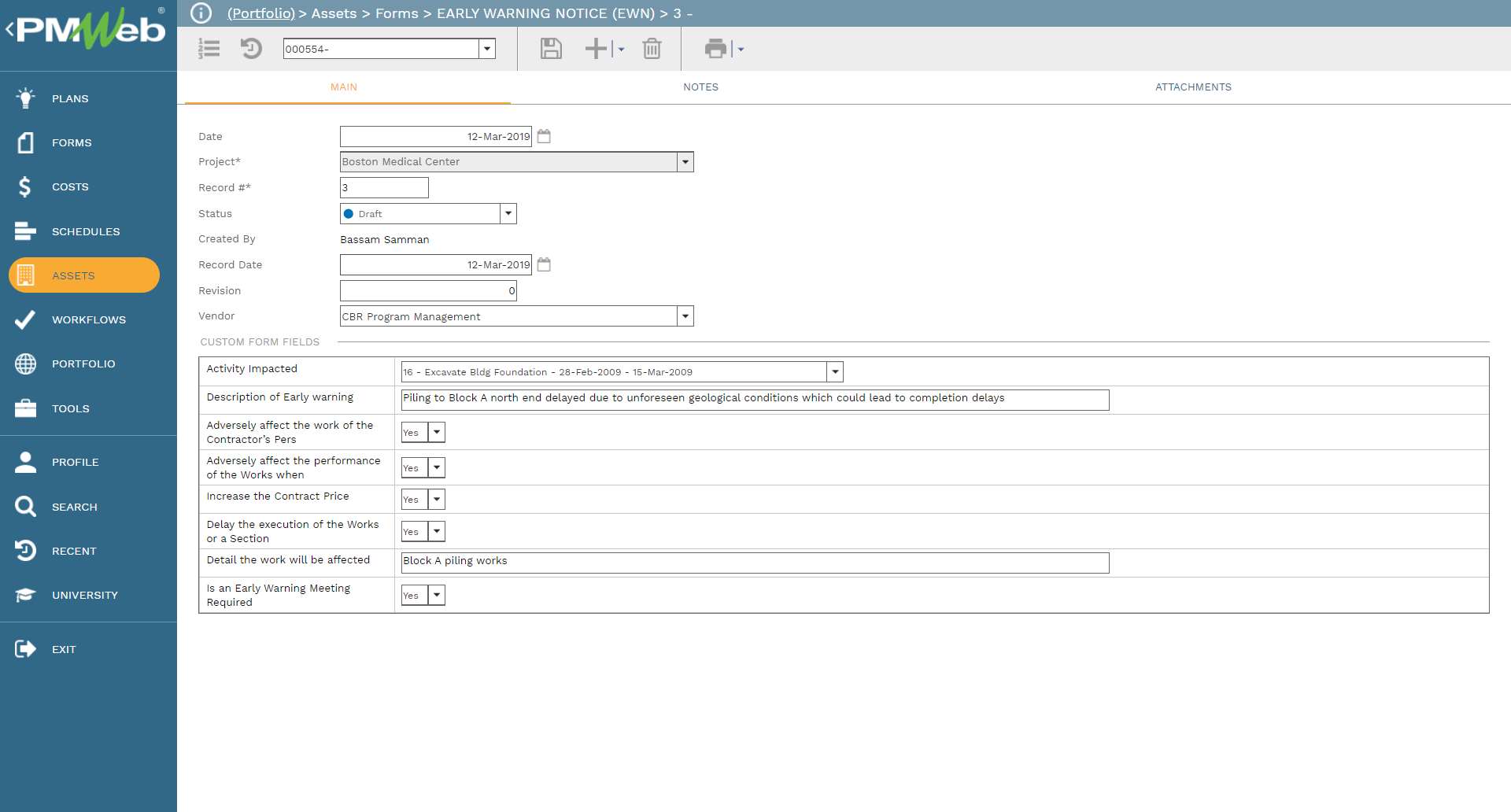
The attachment tab allows attaching documents and linking to PMWeb records like Request for Information and other records that could be relevant to the issued EWN. This provides the recipient better understanding of the reported EWN.
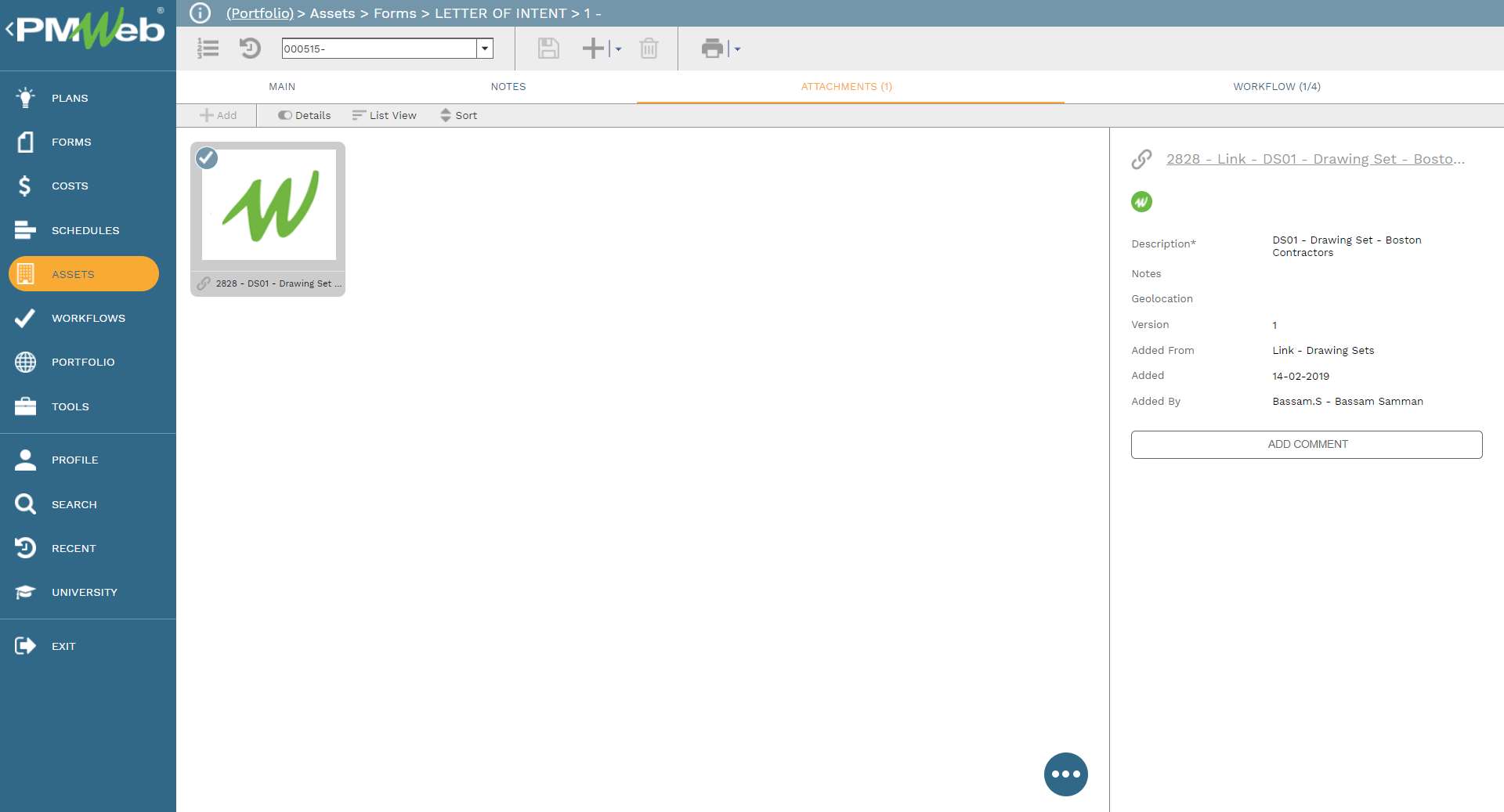
PMWeb meeting minutes module will be used to document all discussions held during the weekly EWNs meeting. During this meeting, all reported EWNs that were identified to as an “Early Warning Meeting is Required” will be discussed by the project team member. The EWM will help all those attending the meeting to cooperate to make and consider proposals to avoid or reduce the impact of EWN, seek solutions and decide how to proceed.
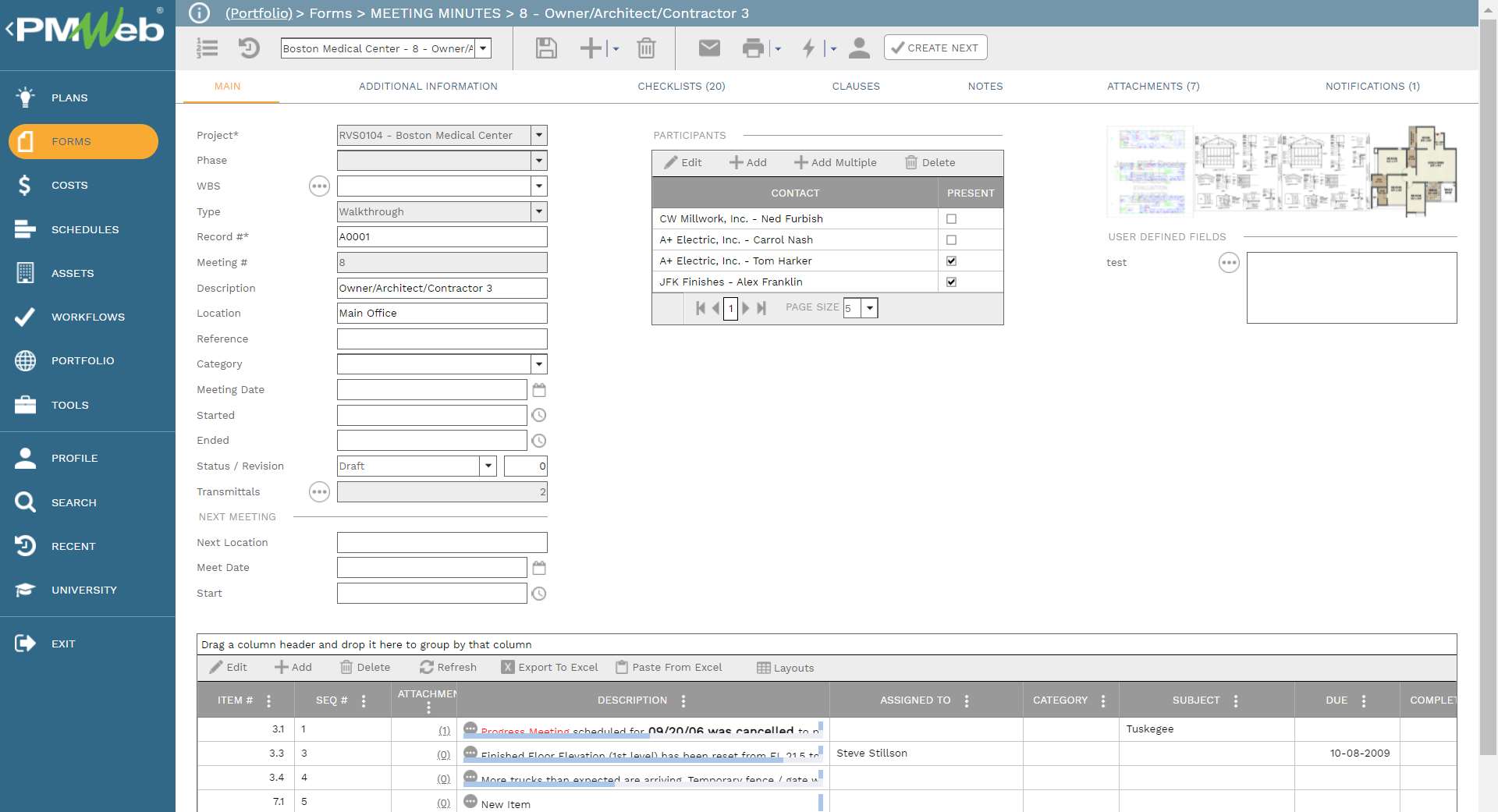
The EWNs report maintains an active register of all submitted EWNs along with their details and status. The report includes visuals to highlight those EWNs that could have an impact on the project.
